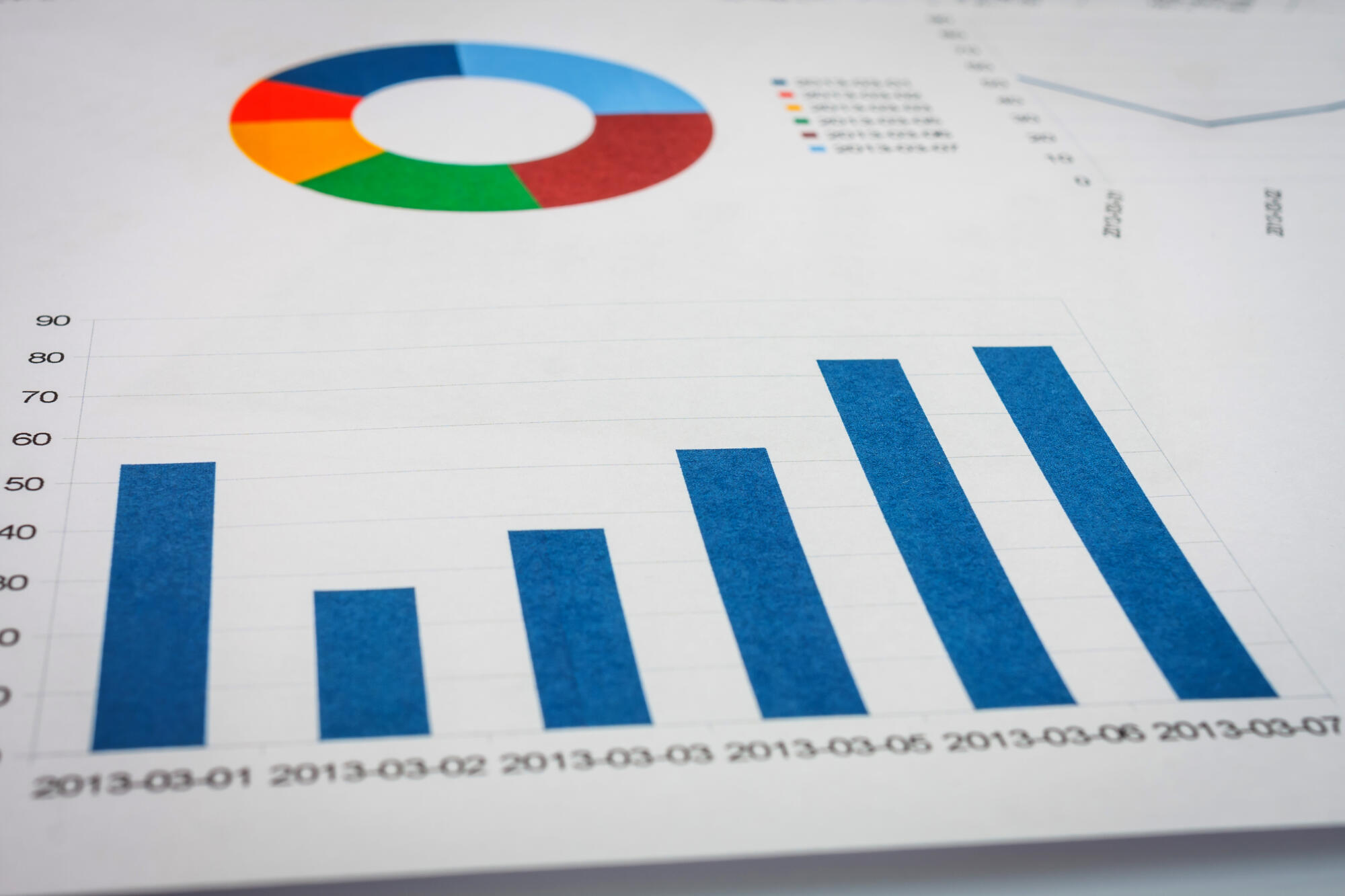The rental market value in Montana is always fluctuating. This number is just one among many if you're an ambitious landlord.
Managing commercial real estate calls for more than just overseeing property maintenance and tenant relations. It demands a thorough understanding of financial reporting and budgeting.
Such skills are essential for maintaining profitability and making sound decisions. Keep reading for insights into budgeting and financial reporting. You'll also learn about addressing the challenges of commercial real estate costs.
The Major Role of Real Estate Financial Planning
Financial reporting offers a comprehensive view of a property's economic health. It breaks down income, expenses, and overall profitability. Doing this equips property managers with actionable insights.
At the same time, budgeting provides a framework for managing the following:
- Future expenditures
- Resource allocation
- Revenue targets
Such tools are especially critical for navigating the complexities of Kalispell's commercial real estate market. Remember, local economic trends and property-specific factors play a huge role in shaping financial outcomes.
Effective budgeting reflects both the fixed and variable costs associated with property management. It also anticipates market trends, such as seasonal fluctuations in tenant demand or changes in local utility rates. Together, financial reporting and budgeting create a cohesive strategy that keeps property managers in control of their financial performance.
Building an Effective Property Budget
Creating a property budget begins with identifying and understanding all revenue sources. Rental income is the primary stream for most properties, but additional services such as parking fees or shared amenities can also contribute. Predicting potential variations in income, such as tenant turnover, ensures your budget remains realistic and adaptable.
Equally important is a clear understanding of commercial real estate costs. These expenses fall into three main categories. Fixed costs, such as property taxes, insurance premiums, and mortgage payments, remain consistent over time.
Variable costs may fluctuate based on usage or unexpected events. Examples include:
- Utilities
- Repairs
- Maintenance
Unexpected events, such as major repairs or economic downturns, can disrupt cash flow. Setting aside a portion of revenue for emergencies protects your operations from unforeseen challenges.
Best Practices for Financial Reporting
Once a comprehensive budget is in place, financial reporting becomes the tool for tracking progress and making adjustments. Reports should detail revenue and expenses, breaking them down into manageable timeframes. Doing this allows property managers to analyze trends, identify problem areas, and make timely interventions to stay on course.
Reducing Commercial Real Estate Costs
In Kalispell, property managers can reduce costs through strategic measures tailored to the region's unique market. Preventative maintenance, including regular inspections, helps avoid costly emergency repairs.
Negotiating favorable contracts with service providers ensures consistent quality at competitive rates. Such an approach not only controls variable costs but also improves general operational efficiency.
It's Time to Master Budgeting and Financial Reporting
With thorough budgeting and financial reporting, you can always know where your business is at.
PMI Realty Management NW can help you with all aspects of your investment. You can count on our fastest-growing franchise for financial reporting, maintenance, leasing, and more.
The PMI team would love to offer you a free rental analysis, so get in touch today.


